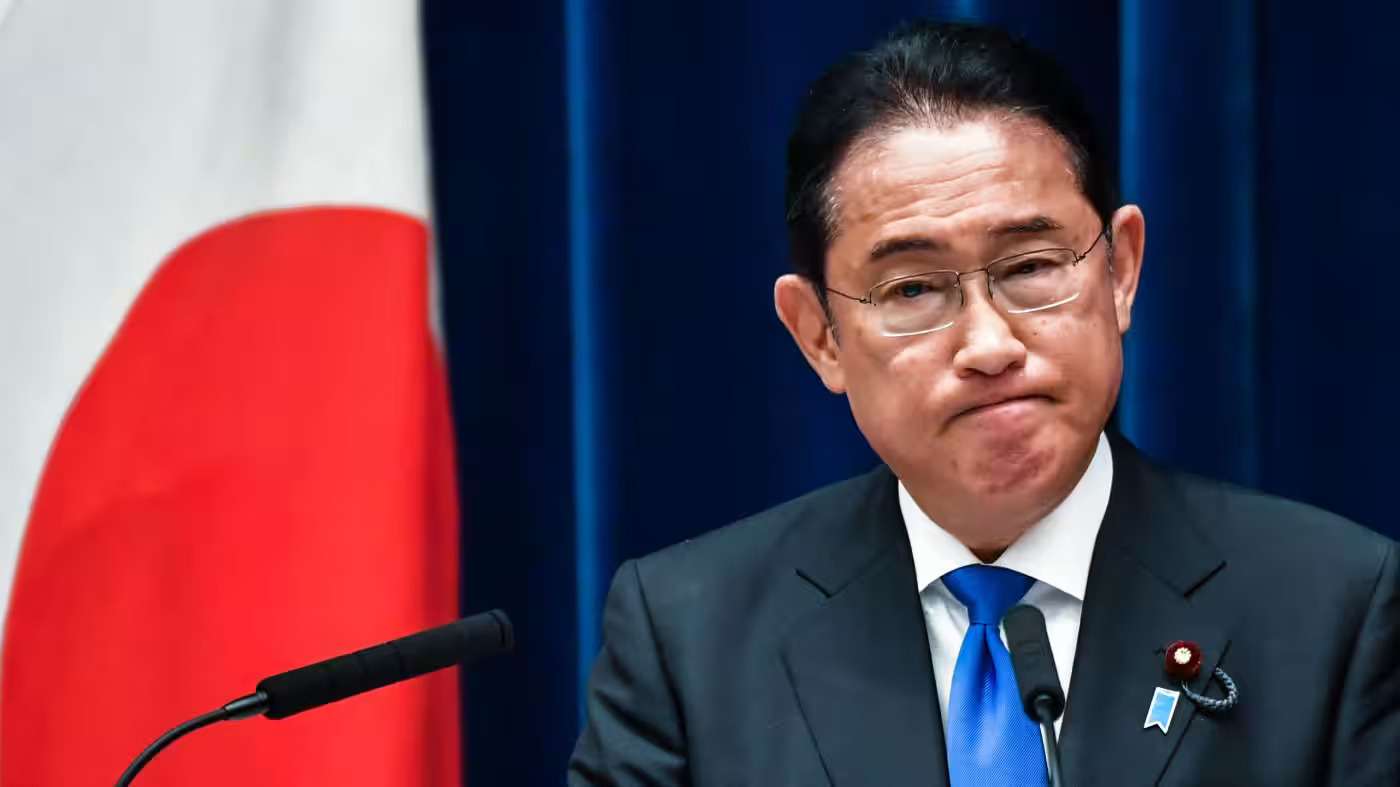A record-breaking nine Japanese lawmakers officially entered the race on Thursday to succeed outgoing Prime Minister Fumio Kishida as the leader of the ruling party and the nation. Their primary goal is to restore public confidence in the party following recent corruption scandals.
The Liberal Democratic Party (LDP) leadership election, set for September 27, will be decided by a vote involving party lawmakers and 1 million grassroots members. The victor will almost certainly become the next prime minister, given the ruling coalition’s strong control of parliament.
This leadership contest comes at a time when Japan seeks to enhance its role in regional security, economics, and diplomacy, particularly in the face of growing threats from China, North Korea, and Russia.
Kishida, who took office in 2021 and advocated for a rapid military buildup and a doubling of defense spending, announced last month that he would step down when his current term as party leader and prime minister expires in September. His decision allows for new leadership to distance the party from the scandals.
Among the nine candidates, two are women. Given the crowded field, it is unlikely any candidate will secure a majority in the first round, making a runoff probable.
Many candidates have emphasized their focus on reforms and pressing challenges such as Japan’s declining birthrate, stagnant wages, gender inequality, and security concerns.
Shigeru Ishiba, a former defense minister and public favorite, declared in his 10-minute policy speech, “I will do everything to protect Japan.”
He also proposed forming an Asian version of NATO, highlighting North Korea’s missile tests landing near Japan’s western coast.

Japanese Prime Minister Fumio Kishida
Former Environment Minister Shinjiro Koizumi, son of former Prime Minister Junichiro Koizumi, stated, “This vote is about whether the LDP can change, and who can change it.”
He pledged to update Japan, which he believes has lagged behind the times, and to accelerate reforms, including giving married women the option to retain their maiden names, a proposal long stalled by the party’s conservatives.
Digital Minister Taro Kono, another leading candidate and former defense and foreign minister, stressed that Japan should not solely rely on the U.S. for protection and should take a greater role in regional security. “This race is about discussing how to shape the world,” Kono remarked.
Foreign Minister Yoko Kamikawa, who is aiming to become Japan’s first female prime minister, said, “The very fact that I’m standing here shows there is a new LDP, and it’s a big step forward.”
Previously, party leadership elections were dominated by factional power struggles, with rival leaders endorsing candidates based on seniority. However, reforms introduced by Kishida in the wake of a financial donation scandal have dissolved most factions, allowing a wider variety of candidates, including younger lawmakers, to participate.
Other candidates in the race include Economic Security Minister Sanae Takaichi, former Economic Security Minister Takayuki Kobayashi, Chief Cabinet Secretary Yoshimasa Hayashi, LDP Secretary-General Toshimitsu Motegi, and former Health Minister Katsunobu Kato.
Starting Thursday, the candidates will campaign nationwide, aiming to win support from party members and participate in joint speech and debate sessions in Tokyo.
